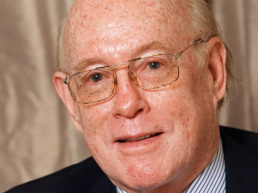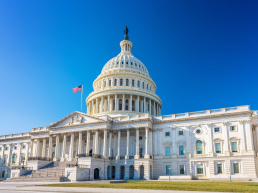In a presidential election year, US-Russian relations are going through perhaps their worst moment since the 1962 Cuban missile crisis. Russia’s invasion of Ukraine has fragmented what remained of a difficult cooperation. Putin’s desire to assert Russia’s status as a great power and his challenge to what he defines as US hegemony are setting the pace. Along the way, Kosovo and the intervention in Iraq were widely criticized by the Kremlin and Georgia and Ukraine were harshly criticized by Washington, evidenced by sanctions and a breakdown in diplomatic relations. In the meantime, counter-terrorism and nuclear non-proliferation cooperation remained on the agenda. But even these areas of cooperation have been questioned by the collapse of the arms control regime and realignments of this ‘multi-regional’ Russia (Iran and North Korea), with growing relevance on stages such as the Middle East or the Indo-Pacific, and of course, Europe. In Ukraine, the change from the narrative of denazification and demilitarization of the country to a narrative of war with the West, in which the Atlantic Alliance and the US figure particularly prominently, illustrates the existing distance, as do the mutual accusations at the highest level. This has been conducted through a language that is highly atypical of diplomatic circles. Biden calls Putin a “murderer”, Peskov replies that Biden looks like a “Hollywood cowboy”, and Medvedev refers to the US president as a “useless old man”.
Within all this hostility, Putin states that he’d prefer Joe Biden for the presidency, seeing him as a weakened leader, but says that regardless of who the next US president is, relations with Russia should not change. He adds that Donald Trump’s behavior is less predictable, and that despite claims that he has a special relationship with Russia, he was the president who imposed the most sanctions on the country. He adds, however, that the ongoing legal proceedings against Trump reveal the “rottenness” of the US political system. Although the Russian leadership has clearly stated that it will have no involvement in the US electoral process, there are already signs to the contrary. Russian interference in the 2024 elections is a pressing issue on Washington’s agenda, given reports confirming it in previous elections. It’s not so much about interference in the vote count, but rather in the process, namely through disinformation about the current President and the Democratic Party, spreading distrust in the electoral process and demobilizing some from exercising their right to vote. This includes disinformation and bots, deepfake videos and audios, always with the aim of generating instability and reducing the credibility of legitimate parties and authorities. In this disruption, it is essential that the US implements an effective deterrent and counter-disinformation strategy, limiting the scope of this interference in an already complex process, given the highly polarized domestic situation. As for the future of US-Russian relations, there doesn’t seem to be any political space for a fundamental change any time soon, as long as the visions of security and international order are based on pillars that are as disparate as they are distant.


